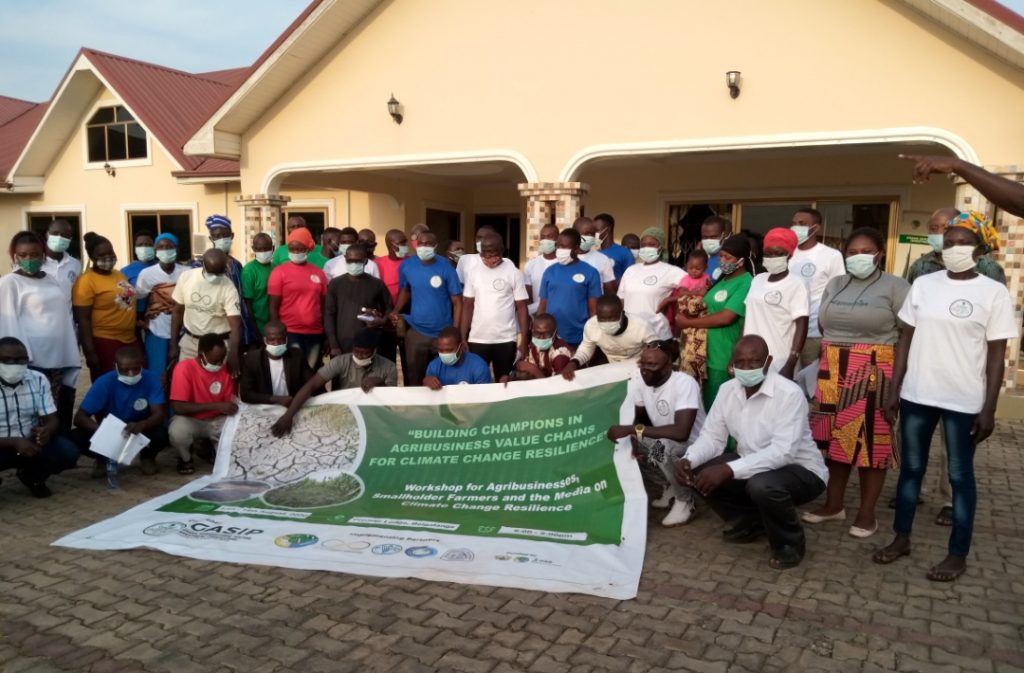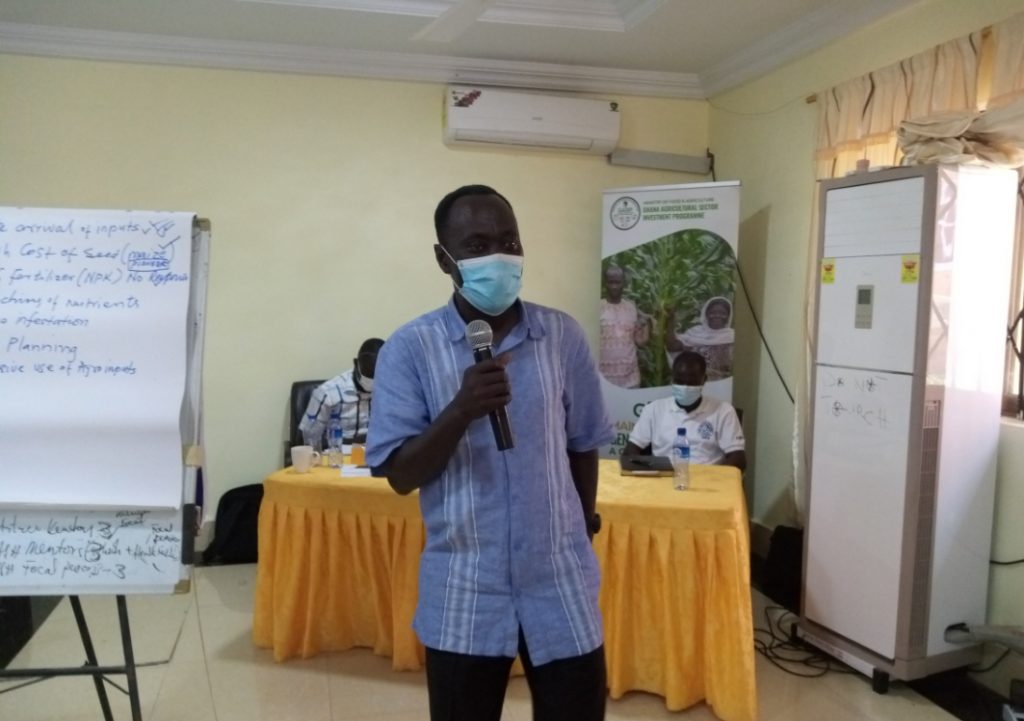
The irregular rainfall pattern experienced in the regions of the Northern part of Ghana is affecting crop yields in the country leading to low agriculture production.
Farmers of the Northern Regions have been hit hard with the variations in the rainfall pattern. This variations in the rainfall pattern which is as a result of the change in the climate has affected the onset of the rainfall season and the cessation period and the rainfall distribution.
The onset of the rainfall season in the Northern part of Ghana previously started at the beginning of May and lasted till the last week of November. This helped the farmers to adequately plan their farming activities for each farming season. The rains were also fairly distributed across the year.
The farmers had specific period for the cultivation of various crops like maize,soya beans, and rice which helped them to increase their yields and increased productivity in the country .
The situation has however changed. The rainfall pattern has become erratic and irregular making it very difficult for farmers to plan towards the raining period. This change in the rainfall pattern has contributed to low crop yields.
At a capacity building workshop organized for farmers and FBOs in three regions including North East, Upper East and Upper West on Climate change and climate change resilience measures, , farmers collectively identified the irregular rainfall pattern as a major setback to their farming activities.
The farmers noted that despite the many challenges that climate change has brought on their farming activities,they have adopted varied strategies to reduce the effects of the erratic rainfall pattern including planting during the early rainfall and using improved seedlings.
Farmers and agric officers also mentioned poor farming practices like bush burning,trees felling,late supply of seedlings, inadequate machines, improper application of weedicides and fertiliser as some factors that are contributing to poor agriculture production.

The regional director of agriculture of the Upper East Region, Mr. Francis Ennor , said climate change is having a devastating effect on farmers in the country which makes it necessary to bring farmers together occasionally to expose them to various strategies that farmers can adopt that will help them to still produce their food
” This program is about conservation agriculture. the climate effect is having a devastating effect on agriculture production in the country. As the weather is changing what do you do as a nation to make sure that we continue to produce food to feed ourselves and even industry? one of the things that this program is doing is that we adopt some strategies or agriculture technologies that will still help us to make sure that we produce the food that we need and the raw materials that we need.”
Mr. Ennor said famers need to practice conservation agriculture to help safe the environment and maintain the soil

“If our soil is not made in a way to store enough water for the crops to use, then we are wasting the water. so this project is actually in to look at conservation agriculture. this program is saying that burning will not solve the problem, cutting of trees will not solve the problem. so let us make sure that whatever that is produced in the land remains in the land. if that is practiced within three year, you will see that the land has actually improved”
The capacity building workshop is a two day residential program organised by the Ghana Agriculture Sector Investment Program under the Ministry of Agriculture and Supported by IFAD..
The training is aimed at bringing farmers, FBOs and the media to a common understanding of climate change issues and to equip them with the necessary strategies of climate change resilience.